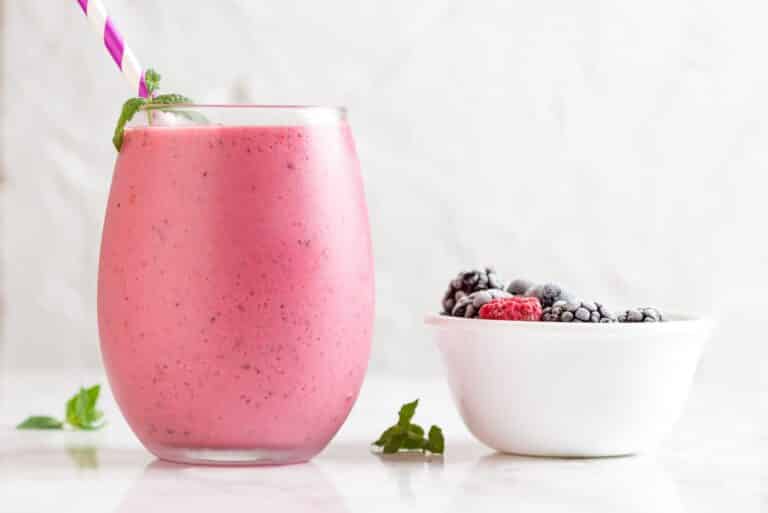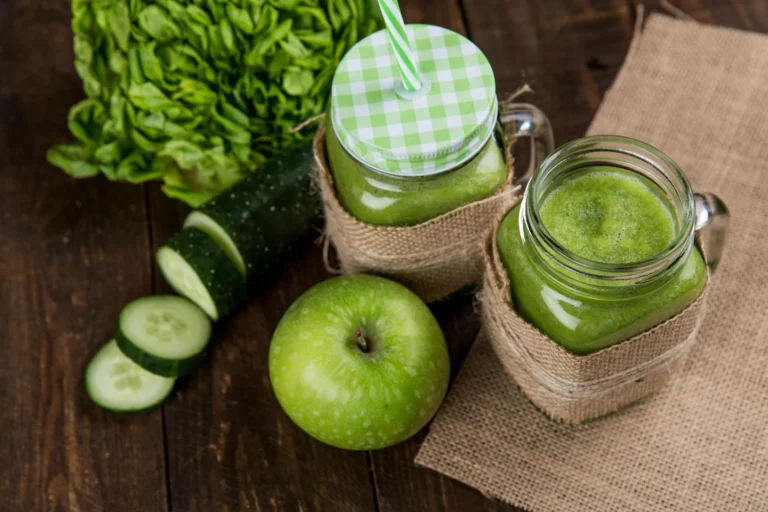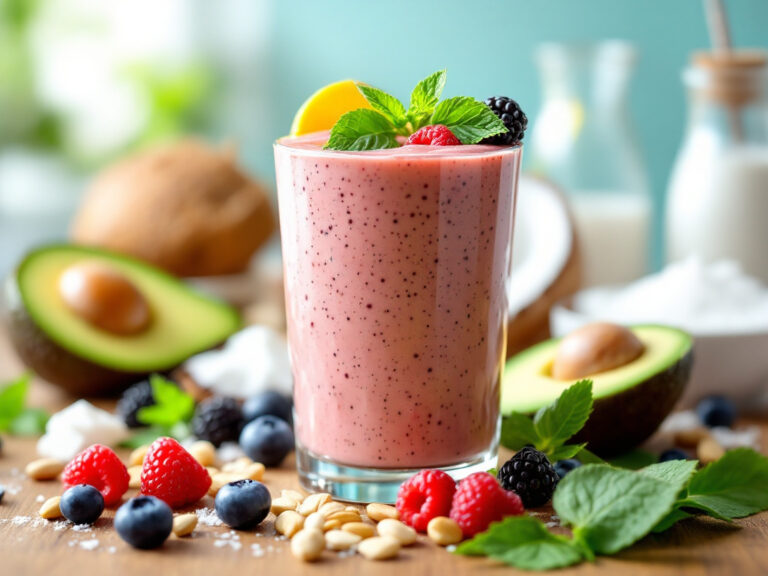Eating Right: Our Guide to the Best Foods for Neuropathy
Managing diabetic retinopathy isn’t just about eye care. Many of us wonder, “can diabetic retinopathy be reversed with diet?” While results vary, a balanced approach to eating can help protect our nerve health and support our eyes. If you’re looking for the best foods for neuropathy, we’ve explored the research to share practical tips on what to eat and what to avoid.
Start With Blood Sugar
Keeping blood sugar levels steady is one of the first steps in managing diabetic complications and promoting healthy nerves. When we consume excessive refined carbs or sugary treats, our glucose spikes can damage nerve fibers over time (Foundation for Peripheral Neuropathy). Some of us prefer to follow a diabetic neuropathy diet or even a 1500 calorie diabetic diet to maintain stable levels.
Why It Matters
- High blood sugar raises the risk of developing diabetic peripheral neuropathy.
- Frequent spikes promote inflammation, which weakens nerve signals.
- Controlling carbs (especially refined ones) helps avoid further nerve damage.
Focus On Key Nutrients
A nutrient-rich diet may help calm inflammation and protect nerves from further harm. We’ve found that certain vitamins, healthy fats, and antioxidants can make a big difference in nerve function.
B Vitamins
B vitamins, especially B12, are crucial for nerve health. Research shows that low B12 can lead to neuropathy, but increasing it through foods like eggs, dairy, and lean proteins can help keep our nerves well insulated (Medical News Today). If you’re following a diabetic diet for picky eaters, consider sneaking in fortified cereals or dairy products to boost your B12 intake.
Omega-3 Fatty Acids
Fatty fish (like salmon, sardines, and mackerel) provides omega-3 fatty acids that may be beneficial for nerve regeneration. Research on fish oil supplements for diabetic neuropathy is ongoing, but a salmon dinner is a tasty, nutrient-packed start (Foundation for Peripheral Neuropathy).
Antioxidants
Antioxidants such as alpha-lipoic acid (ALA) can neutralize free radicals. ALA is found in spinach and broccoli and is also available as a supplement. It’s being studied for its potential to reduce neuropathic pain, especially for those with diabetes (Healthline).
Avoid Foods That Trigger Neuropathy
Just as we want to fill our plates with nurturing options, it’s important to cut out or limit foods that may worsen nerve pain or blood sugar control. A common question we hear is, “Does giving up gluten help?” For many, it can.
Gluten Products
Gluten-containing items like white bread, pasta, and pastries have been linked to increased inflammation in some people, which could exacerbate nerve pain (Ethos Health Group). If you’re sensitive to gluten, switching to gluten-free grains such as quinoa or brown rice might be a relief for both your blood sugar and your nerves.
Added Sugars
Excess sugars, such as in candy, soda, or pastries, cause big blood sugar spikes and may speed up nerve damage. If you’re concerned about reducing nerve damage and slowing diabetic retinopathy, consider cutting back on sweeteners. For more on this topic, you might explore whether can diabetic retinopathy be reversed with diet.
Salty Foods
High-sodium diets can restrict blood flow, potentially leading to burning or tingling in the nerves (Advanced Reconstruction). We recommend reading labels carefully and choosing fresh, unprocessed foods whenever possible.
Our Quick Takeaway
A thoughtful, nourishing diet can go a long way toward supporting nerve function and potentially slowing complications like diabetic retinopathy. We believe that focusing on controlling blood sugar, increasing beneficial nutrients, and limiting inflammatory foods is key to feeling our best. It’s not a quick fix, but these small changes can add up to big improvements in how our nerves respond to everyday life.
If you’d like more ideas, you can also explore a balanced diabetic neuropathy diet or experiment with a 1500 calorie diabetic diet. However you approach it, remember that moderation, variety, and consistency are the real superstars when it comes to healthy eating. Always talk to your healthcare provider before making major dietary shifts, and keep paying attention to your lab results and symptoms. We’re rooting for you to find a plan that makes each day feel just a bit better.
Image Credit







Leave a Reply